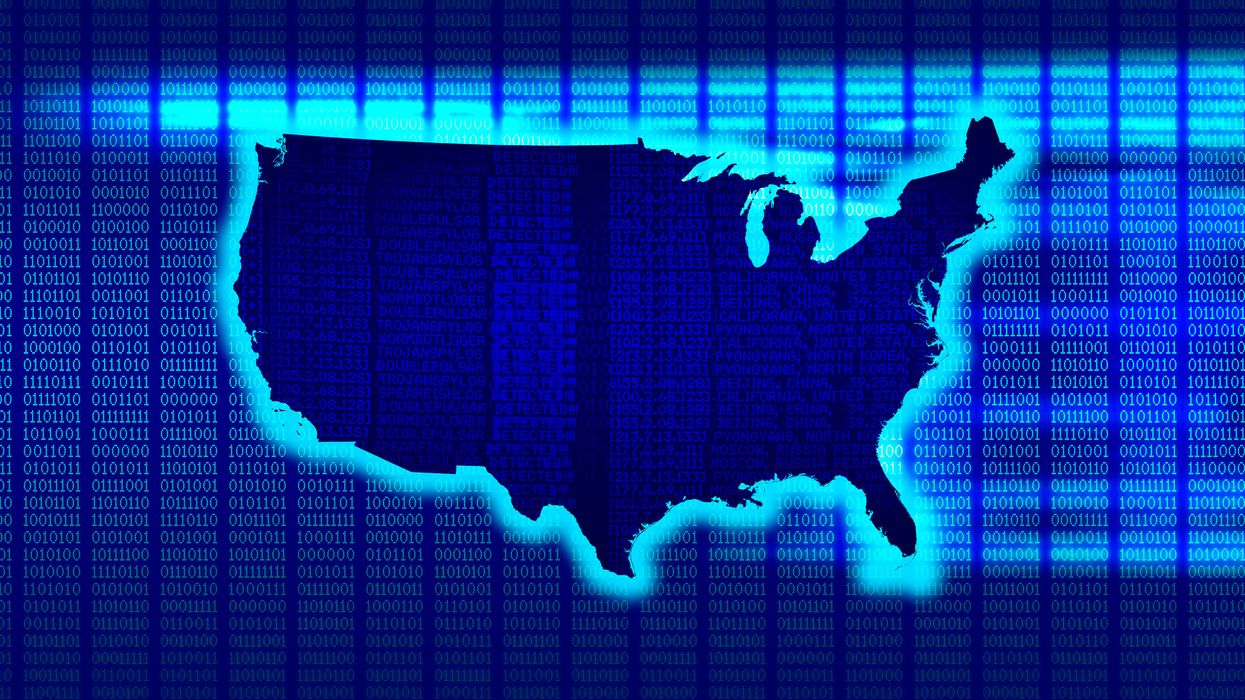Going into this election year, states had set side some of their own funds and an infusion of federal cash for bolstering election security. But when the coronavirus pandemic hit, officials were forced to use some of that money for more immediate public health concerns.
So how do election officials ensure the right cybersecurity protections are in place, while also navigating the unprecedented Covid-19 crisis? Two good-government groups, the Alliance for Securing Democracy and the Bipartisan Policy Center, offer guidance and best practices in a report released Wednesday.
Dubbed "20 for 20: 20 Ways to Protect the 2020 Presidential Election," it outlines ideas for how state officials, with the help of additional funding, can ensure the right election safeguards are in place to protect against cyberattacks and foreign interference. Strengthening election security infrastructure, hiring and training additional staff and conducting threat assessments and post-election audits are among the recommendations.
"Focusing on protecting elections and voters from the coronavirus is essential but should not happen at the expense of preventive measures against foreign interference in U.S. elections," the report states.
Last year Congress appropriated $800 million to help states secure the 2020 elections against hacking, and in March it sent them $400 million more to spend as they saw fit to make voting safer and easier during the pandemic. But good-government groups, and election administrators of both parties, say that is not nearly enough to cover their laundry list of expenses — especially in light of the coming surge in voting by mail.
The Democratic House last week passed a $3 trillion coronavirus response package including an additional $3.6 billion to support more absentee balloting and sanitized polling places. But the Republican-controlled Senate has not signaled how quickly it will respond, and any counter-proposal is sure to allocate much less to election grants — if anything, in light of the escalating crusade against mail voting by President Trump.
He accused the swing states of Michigan and Nevada of election fraud on Wednesday, without evidence and while describing their recent actions inaccurately, and threatened to withhold federal aid to states that expand their vote-by-mail efforts.




















Trump & Hegseth gave Mark Kelly a huge 2028 gift